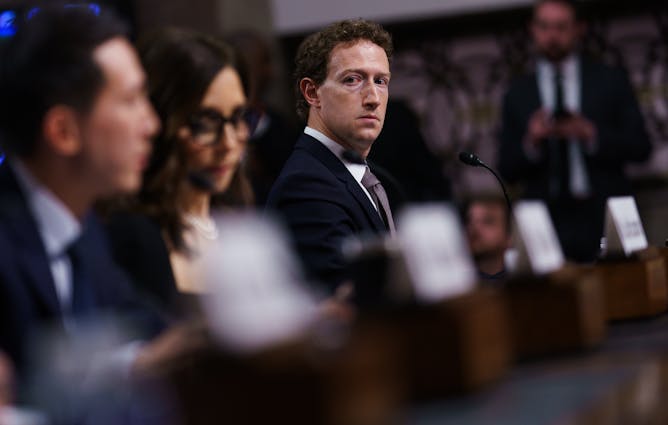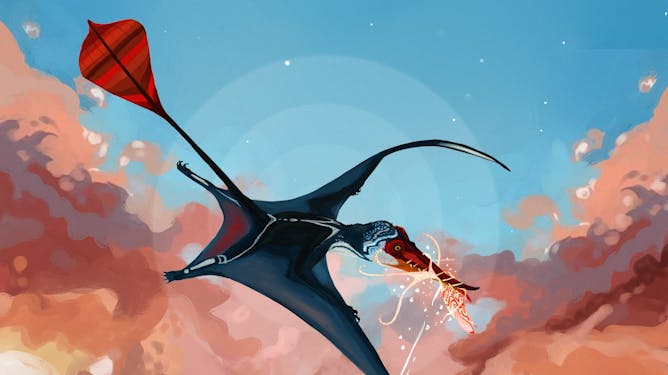|
Social media - great for cat videos and keeping tabs on your ex. Not so great for nuanced, well-informed political debates. But that doesn’t stop many of us from heading straight to X, Bluesky or Facebook to see what people are saying. More often than not, our feeds are populated with the most extreme interpretations, the most graphic and disturbing videos, and the most rage-inducing takes on the topics of the day.
The extreme polarisation on social media can be explained by some interesting psychological tendencies we all carry. For example, we are more likely to trust information shared by a friend or family member, even if it’s inaccurate. Colin Fisher, who researches group dynamics, breaks it down, and explains why this polarisation could get even worse under Mark Zuckerberg’s latest plans for Meta.
The inexorable rise in the use of artificial intelligence raises urgent questions about safety, as well as the future of humanity. Simon Rogerson looks at some of the great thinkers of the past, from Ada Lovelace to Stephen Hawking, to help us understand and navigate the risks.
|

Colin M. Fisher, UCL
Relying on social media users to police information accuracy could further polarise platforms and amplify extreme voices.
|

Simon Rogerson, De Montfort University
AI safety has taken a back seat in the competition for ever more powerful large language models.
|
|
|
-
Matthew Wright, University of Oxford; Nicholas Leach, University of Oxford; Shirin Ermis, University of Oxford
2024 was first calendar year with warming above 1.5°C with unprecedented extremes putting humans and ecosystems at risk
-
Busra Nisa Sarac, University of Portsmouth
The New Orleans attack is a reminder of the continued threat from Islamic State.
-
Oluwole Ojewale, Institute for Security Studies
A combination of population explosion, failure of governance and endemic poverty creates a perfect breeding ground for a jihadist state in west Africa.
-
Collin J. Meisel, University of Denver
While overall atrocities declined last year, they came down from one of the worst years on record. Meanwhile, a number of areas actually got worse in 2024.
-
Victoria Tanimonure, Obafemi Awolowo University
Four urgent things need to be done in 2025 for Nigeria to feed its citizens better and ensure their food security.
-
Alexandre Almeida, University of Cambridge
An analysis of 12,000 stool samples from people in 45 countries throws up some interesting findings about how to keep E coli in the gut in check.
|
|

Natalia Jagielska, University of Edinburgh
Pterosaurs may help inspire future technology.
|